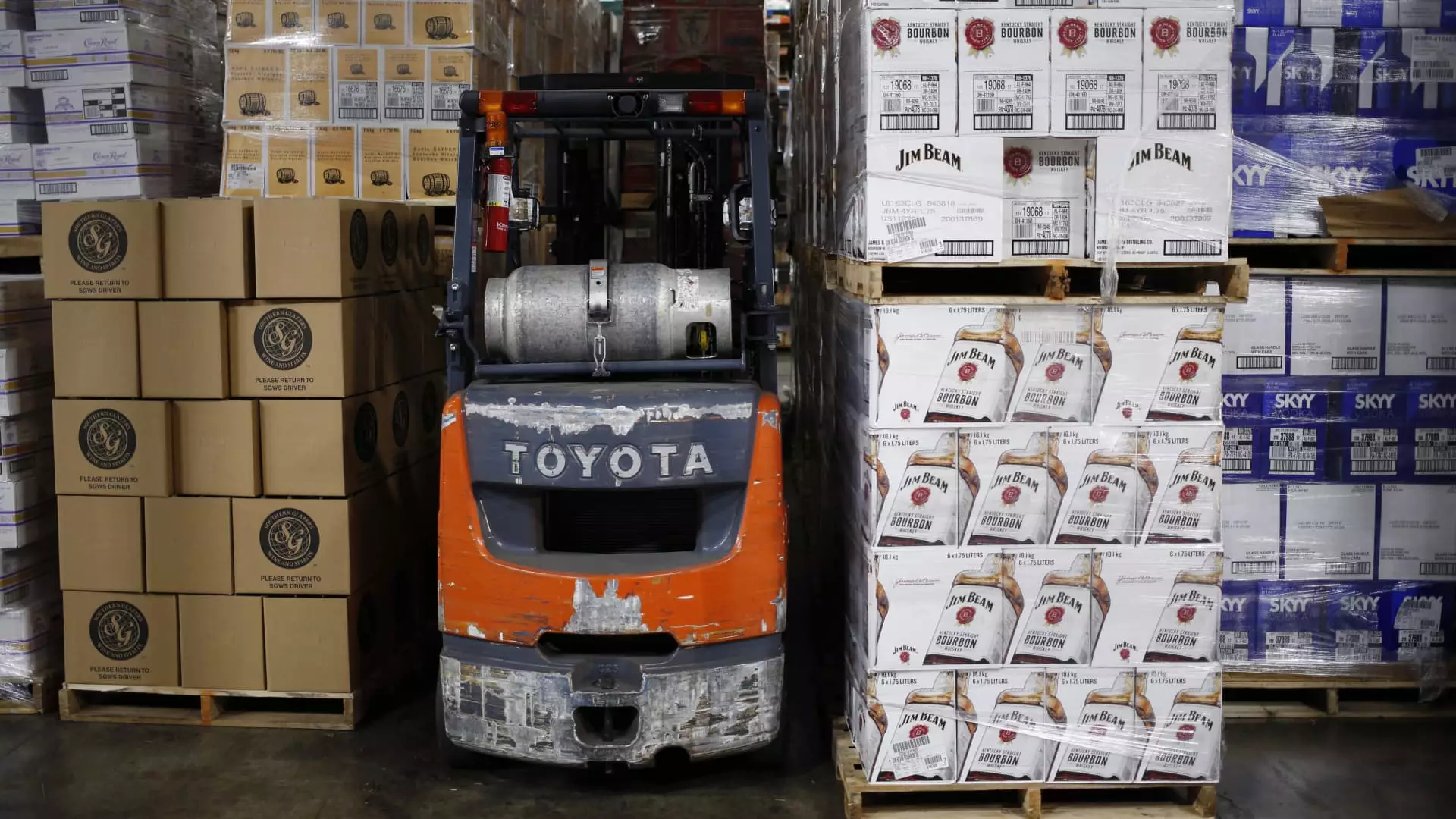In a significant move aimed at reinforcing fair competition in the market, the Federal Trade Commission (FTC) has initiated a lawsuit against Southern Glazer’s Wine and Spirits. This distributor, recognized as the largest of its kind in the United States, is alleged to have engaged in price discrimination practices that disproportionately benefit large retail giants such as Costco, Kroger, and Total Wine & More. Through this lawsuit, the FTC seeks to ensure that smaller, independent retailers are not systematically disadvantaged in the marketplace.
Southern Glazer’s Wine and Spirits is a considerable player in the beverage alcohol distribution industry, with revenues soaring to approximately $26 billion in 2023. The company’s portfolio includes an impressive assortment of around 5,600 wine and spirit brands. However, the FTC asserts that the distributor’s pricing practices have been skewed since at least 2018, providing larger chains with significant discounts and rebates that have not been available to smaller competitors. Consequently, this has created an uneven playing field, notably constraining the growth and profit potential of local grocery stores and independent liquor outlets.
Central to the allegations is the violation of the Robinson-Patman Act, which is designed to prevent anticompetitive practices by prohibiting price discrimination that favors one buyer over another when such discrimination affects competition. The FTC contends that Southern Glazer’s pricing model constitutes “steep discounts” with no justifiable market rationale, positioning large retailers, who already have established market presence, in an even more advantageous place. This can have adverse repercussions for local businesses, limiting consumer choices and ultimately inflating prices in the market.
The consequences of such unequal pricing mechanisms extend far beyond the immediate competition between large chains and smaller stores. When local businesses are forced to operate on an uneven footing, the ripple effects can significantly hurt community economies. Fewer local retailers may result in job loss, diminished availability of diverse products, and a decline in community-specific businesses. FTC Chair Lina Khan emphasized this concern, highlighting the detrimental impact on consumer choice and community welfare as a result of inequitable pricing practices.
The FTC’s lawsuit signals a re-commitment to enforcing laws that protect fair competition. By scrutinizing the marketing tactics and pricing models of dominant players like Southern Glazer’s, the commission aims to level the playing field for businesses of varying sizes across the country. As seen in previous cases, the outcomes of such legal disputes can lead to significant changes within industries, fostering an environment where competition thrives and consumers benefit from a wider range of products at fairer prices.
As the legal proceedings unfold, it will be crucial to observe how this case transforms the alcohol distribution landscape and defines the limits of competitive practices going forward. The FTC’s pursuit of enforcement against unfair pricing could mark a pivotal moment in the ongoing struggle for equitable market conditions.



Leave a Reply